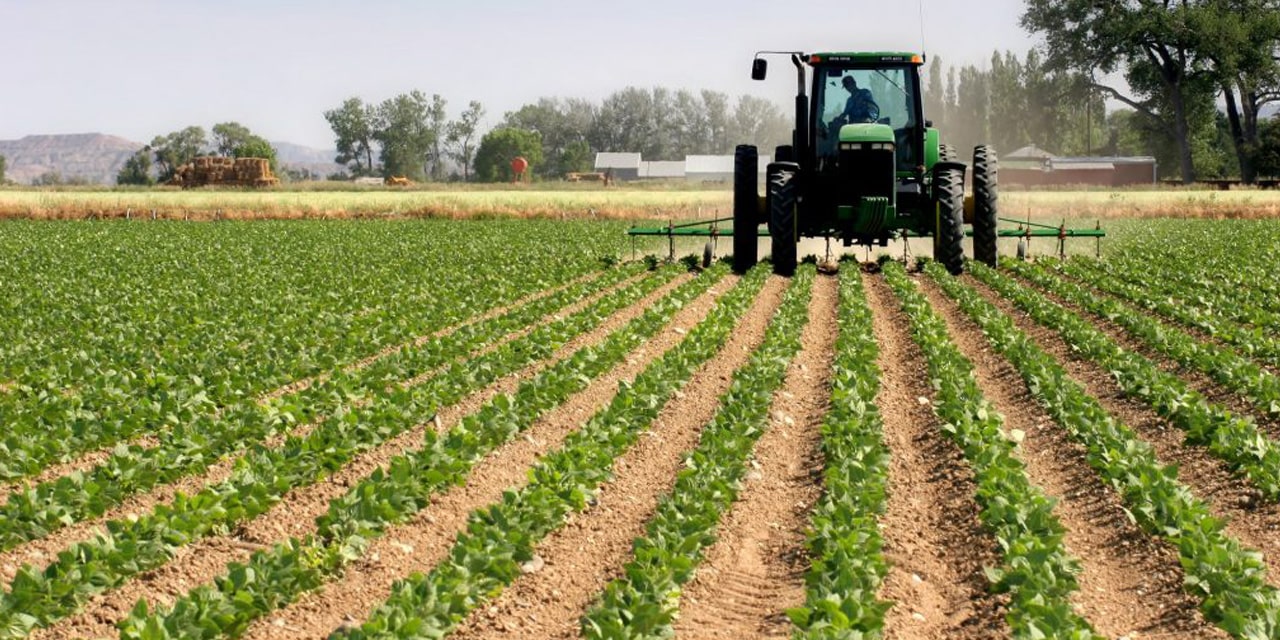Martin Endjala
Water, agriculture, and land reform minister, Carl Schlettwein believes that intensive agriculture is the way forward.
According to Schlettwein, there is a need for a policy shift from over-reliance on rain-fed agriculture to de-risking the sector to protect against climate change and to improve variety.
He made these remarks on Thursday in Windhoek, during the 25th Annual Symposium of the Bank of Namibia, themed “Agricultural Global Value Chains for Inclusive Development: How can Namibia position its Agricultural Sector?”
“Global Value Chain related trade, rather than conventional trade, has a positive impact on investment, productivity, income per capita, and economic performance,” he said.
Schlettwein said that the symposium should provide practical strategies for positioning the agricultural sector in domestic, regional, and global value chains.
“Industrialised economies benefit more from the global value chain than developing countries due to their organised production, division of labour, and high-technology operations,” he said.
He added that agriculture and agro value chains are formidable pathways to deepen growth by drawing the majority of Namibians into mainstream economic activity while enabling food security for all.
According to the minister, the sector’s contribution to Gross Domestic Product (GDP) has averaged 6% over the past five years.
He noted that at 2.3% of the total non-interest expenditure and about 0.7% of GDP in 2024/25, the budgetary allocation to agriculture falls far short of recognising agriculture as a high national priority, a matter which must urgently be aligned.
“Agriculture and its strategic role must be recognised to fully exploit the tremendous potential of real economic growth. It must be based on creating an enabling environment that treats the land with respect, adequate financial provision, and environmental sustainability, which supports farmers better,” he said.
As farmers battle drought as a result of the impact of climate change, volatility in monetary policy, and variable industry growth, real growth averaged 4.6% over the same calendar year.
“It is the single most important sector in terms of job content, with less skill demand, hence the high potential for inclusion and erosion of poverty through growth in the sector. Adding the food sector, the percentages edge towards 50%,” said the minister.
According to Schlettwein, the agricultural sector is the best chance to induce a high dimension of inclusion and social progression by boosting national food security and self-sufficiency through increased agricultural modernisation, productivity, and production.
A recent World Bank study, published in March 2024, estimated that growth in the agriculture sector is two to four times more effective in raising incomes among the poorest compared to other sectors.
The study states that agriculture is crucial for economic growth, specifically for Namibia.
“Agriculture plays a critical role in transforming economies to reach that goal and achieve other essential development goals like ensuring food security and improving nutrition,” said the Bank of Namibia’s Governor Johannes !Gawaxab.
In Namibia, 24% of total employment is in the food economy, with 41% of these jobs held by youth between the ages of 15 and 29.
Among employed youth, 28.3% work in the food economy as their primary job.
Agriculture production still constitutes the largest share (49%) of jobs for youth in Namibia within the food economy sector, followed by the food-service sector (26%).
According to the Namibia Statistics Agency (NSA) agriculture bulletin released this week, controlled agronomy production stood at 22,108 tons in the second quarter of 2024, compared to 21,953 tons recorded in the same quarter of 2023, an increase of 1.1%.
White maize accounted for the highest volume, 21,889 tons (99.0%) of total agronomy production.
The import bill for agronomy products stood at N$655.7 million for the second quarter of 2024, a decline of 11.4% compared to N$740.5 million registered in the corresponding quarter of 2023.




